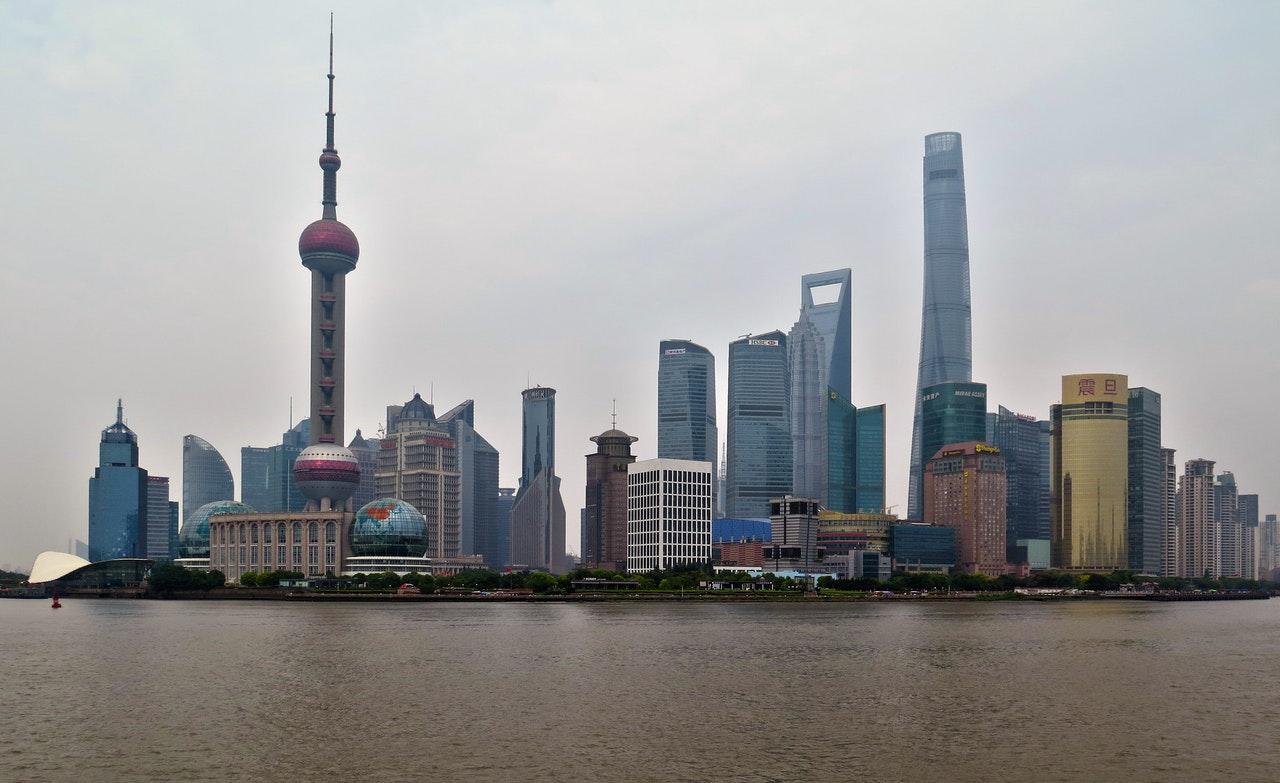China, EU expected to ink markets and investment deal
The European Commission reports progress in the talks with Beijing but analysts say significant stumbling blocks remain.
Just In
The EU and China are close to reaching a long-awaited business investment deal, according to media reports.
The agreement, expected to be finalised this week, will give EU firms better access to the Chinese market and improve competition conditions.
Talks on the investment deal began in 2014 but have been stalled for years over a number of issues.
However, rising trade tensions between Beijing and Washington may have helped change the Chinese position, making them more amenable to a deal with the EU, the BBC reports.
The deal comes hot on the heels of the UK’s post-Brexit trade agreement with the EU, announced on Dec 24.
The agreement would open up China’s manufacturing sector to EU companies, as well as construction, advertising, air transport and telecoms.
One of the biggest sticking points was China’s demands for access to the EU’s energy market given European sensitivities over security. The deal is expected to give Beijing access to a small part of the European renewable energy sector on a reciprocal basis.
The pact is also designed to remove barriers to investment in China such as joint-venture requirements and caps on foreign ownership in certain industries.
Once the expected deal is reached, it will need to be ratified by the European parliament, a process that may not begin until the second half of 2021.
On Monday, the European Commission reported progress in the talks with Beijing but analysts say many significant stumbling blocks remain.
One bone of contention is the core issue of workers’ rights in China.
This is contentious due to reports that China uses Uighur Muslims detained in large numbers in Xinjiang province as forced labour. Beijing denies these claims.
Under the agreement, China is being asked to pledge to subscribe to the International Labour Organisation’s rules on forced labour.
An EU-China agreement is expected to cause friction with the incoming administration of US president-elect Joe Biden.
Earlier this month the EU published a transatlantic strategy in which it urged the US to work with it to meet the “strategic challenge” posed by China.
China and the US have been locked in a trade war since 2018 and the Trump administration has targeted a number of Chinese tech companies as threats to national security.
EU-China relations themselves have been strained this year, over China’s imposition of a new security law in Hong Kong and accusations it spread disinformation about the coronavirus.
Subscribe to our newsletter
To be updated with all the latest news and analyses daily.
